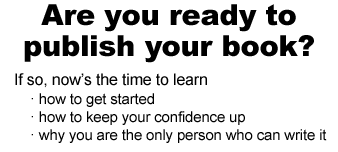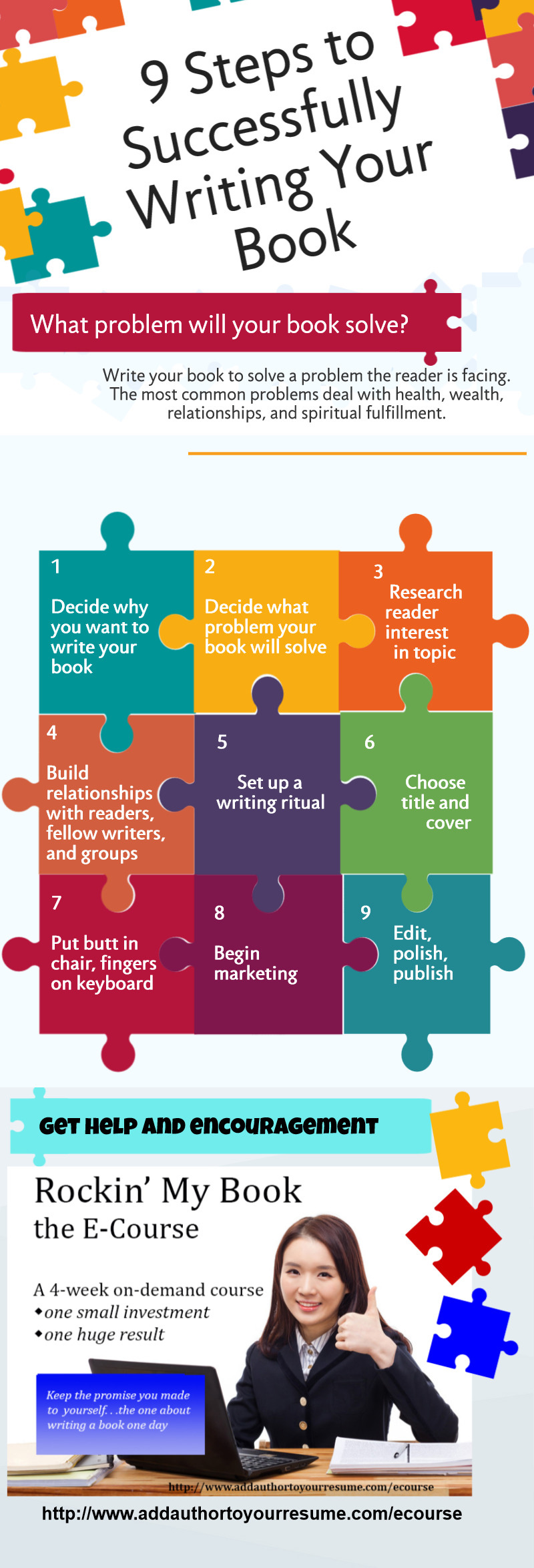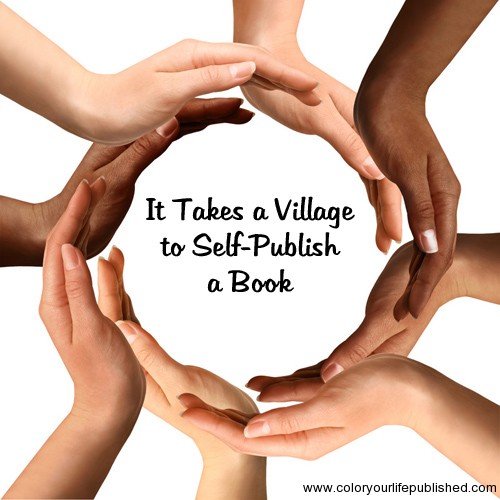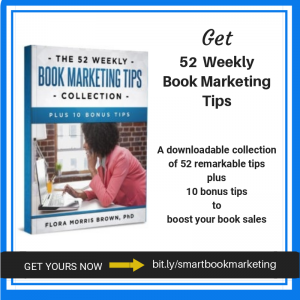
Mammy Prater, 115-year old ex-slave. Image originally from Library of Congress is no longer available from Amazon
Imagine you want to write a letter to your husband.
There is no Facebook, Twitter, email. As a matter of fact, there is no internet.
It’s 1830, you are an African American slave and every aspect of your life is controlled by your master.
Even if you happen to know which plantation your husband has been taken to, you have several problems.
1. Not only is it against the law for slaves to read or write,
but it’s against the law for anyone to be caught teaching you to read or write.
This 1830 North Carolina statute was typical.
AN ACT TO PREVENT ALL PERSONS FROM TEACHING SLAVES TO READ OR WRITE, THE USE OF FIGURES EXCEPTED
Whereas the teaching of slaves to read and write, has a tendency to excite dis-satisfaction in their minds, and to produce insurrection and rebellion, to the manifest injury of the citizens of this State:Therefore,
Be it enacted by the General Assembly of the State of North Carolina, and it is hereby enacted by the authority of the same, That any free person, who shall hereafter teach, or attempt to teach, any slave within the State to read or write, the use of figures excepted, or shall give or sell to such slave or slaves any books or pamphlets, shall be liable to indictment in any court of record in this State having jurisdiction thereof, and upon conviction, shall, at the discretion of the court, if a white man or woman, be fined not less than one hundred dollars, nor more than two hundred dollars, or imprisoned; and if a free person of color, shall be fined, imprisoned, or whipped, at the discretion of the court, not exceeding thirty nine lashes, nor less than twenty lashes.II. Be it further enacted, That if any slave shall hereafter teach, or attempt to teach, any other slave to read or write, the use of figures excepted, he or she may be carried before any justice of the peace, and on conviction thereof, shall be sentenced to receive thirty nine lashes on his or her bare back.
III. Be it further enacted, That the judges of the Superior Courts and the justices of the County Courts shall give this act in charge to the grand juries of their respective counties.
Source: “Act Passed by the General Assembly of the State of North Carolina at the Session of 1830—1831” (Raleigh: 1831).
Retrieved from http://www.historyisaweapon.com/defcon1/slaveprohibit.html
2. Some slaveowners took the punishment a bit further and threatened to chop off the fingers of any slave caught writing.
See The Secret Writing of American Slaves
3. To learn to read you had to engage in covert activities.
Frederick Douglass sneaked pieces of bread to poor white children who would in exchange teach him to read.
4. Writing supplies were hard to come by.
One slave wrote letters to his mother on scraps of wallpaper he saved when he got a job hanging wallpaper. His mother had taught him to read before she was sold to another slaveowner.
5. If you succeeded in learning to read, find paper, get a writing tool, and write a letter, how did you get it safely delivered?
Enough of this.
It’s the 21st century and if you live in a democratic country, you don’t have any of these worries.
Your biggest roadblock is nothing so scary.
You have tremendous advantages
- You know how to read.
- You have access to writing tools.
- You are free to openly write letters and more, even a book.
- You have classes, coaches and mentors eager to help you write, even if your dream is as ambitious as writing a book.
- You probably can write on any topic without fear of repercussions, especially without fear of losing any fingers.
- You can get your book published affordably and distributed worldwide.
- People will pay you for your book.
So, tell me in the Comments, what’s holding you back from writing your book?
If you are fresh out of excuses for writing your book, let me help you get started at Rockin’ My Book , an on-demand eCourse.













